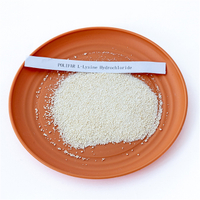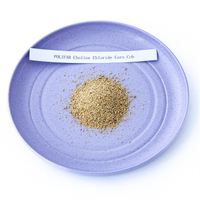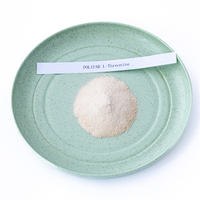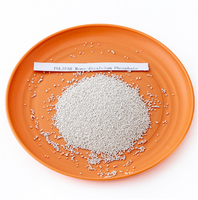Views: 4 Author: Site Editor Publish Time: 2019-08-23 Origin: Site








China is a big country in the world for laying hens. The commodity hens account for 40% to 45% of the world's stock. In recent years, the annual output of eggs is about 20 million tons. In the collection, grading, packaging, transportation, storage and processing of eggs, eggs are inevitably affected by external forces, resulting in cracking or cracking of the eggshell, resulting in losses of more than 500 million yuan per year, to producers and wholesalers. The economic losses caused are very large. At this time, the influence of trace elements on eggs is crucial. This paper will review the existing mechanisms of the effects of trace elements on eggshell quality.
Will affect the following aspects:
Easy absorption of trace elements
Effect of trace elements on crystal deposition of calcium carbonate
Effect of trace elements on eggshell matrix proteins
Many scholars may think that the poor quality of eggshells is due to insufficient mineral content in the feed. However, this may not be the case, but the availability of mineral elements is low. At this stage, there are two hypotheses that explain why trace elements have such high absorption rates.
One is the complete absorption hypothesis. Metallic amino acid integrators are completely absorbed into human plasma in a form similar to dipeptides. This hypothesis emphasizes that the absorption pathway of trace elements may differ from inorganic salts. The isolated intestinal segment of rats has an absorption rate of protein-integrated copper as much as four times that of copper sulfate. The absorption rate of oral methionine zinc in dogs is basically similar to that of amino acids, indicating that the body may absorb zinc methionate in a complete form. Then zinc methionine enters the intestinal epithelial cells and enters the body's circulatory system as intact peptides.
The other is the competition absorption hypothesis. When the complex intensity (chelation rate stability constant) suitable trace element complex or integrator enters the digestive tract, it can avoid the precipitation or adsorption of mineral elements by the antagonistic factors and other influencing factors in the intestinal cavity, and directly reach the small intestine. Brush border and hydrolyzed at the absorption site. This hypothesis emphasizes that the presence of organic trace elements in the digestive tract is different from that of inorganic trace elements. The main reason for the high biological activity is that the organic trace elements reach the absorption site and are absorbed into the plasma. More.
Trace elements, as components or cofactors of enzymes, participate in the metabolism of the three major nutrients (proteins, sugars and lipids) in animals, affecting the reproductive function and production performance of animals. Manganese participates in many chemical reactions in the body. It is a trace element necessary for the formation of eggshells. It is related to the crack resistance of eggshells. Low manganese increases the proportion of cracked eggs, increases the breakage rate of eggs, and increases egg production and hatching rate. Lower, eggshell thinning, and this effect may be persistent or even irreversible. When the amount of manganese added to the feed is reduced to 7 mg/kg, the eggshell quality will decrease regardless of the calcium and phosphorus content in the feed. On the contrary, if the manganese content is too high, it will also affect the absorption and metabolism of calcium. The formation of eggshells.
As mentioned above, in addition to inorganic substances such as calcium and phosphorus, eggshells contain a certain amount of organic matter. Among them, matrix proteins are one of the important organic components in eggshells; and studies have found that the speed and quantity of matrix protein synthesis may be Will become an important factor affecting the quality of eggshells. Manganese can promote the synthesis of protein mucopolysaccharide (the organic component of eggshell) by activating the glycosyltransferase in the formation of mucopolysaccharide, thereby affecting the initiation of eggshell calcification, regulating the extension of the body layer and promoting its correct growth. Regulates the crystal structure of eggshells; copper acts as a cofactor for lysyl oxidase and participates in the metabolism of lysine in the formation of matrix protein membranes. Therefore, the lack of copper affects the distribution of eggshell matrix protein membrane fibers, resulting in malformed eggs or Other abnormal mechanical properties.
In summary, trace elements can promote eggshell calcification by promoting the deposition of eggshell calcium carbonate crystals, thereby regulating the quality of eggshells; and regulating the quality of eggshells by promoting the synthesis of eggshell matrix proteins. The improvement of eggshell by trace elements can effectively reduce the economic loss caused by the fragmentation of eggs. Use it quickly!
content is empty!






